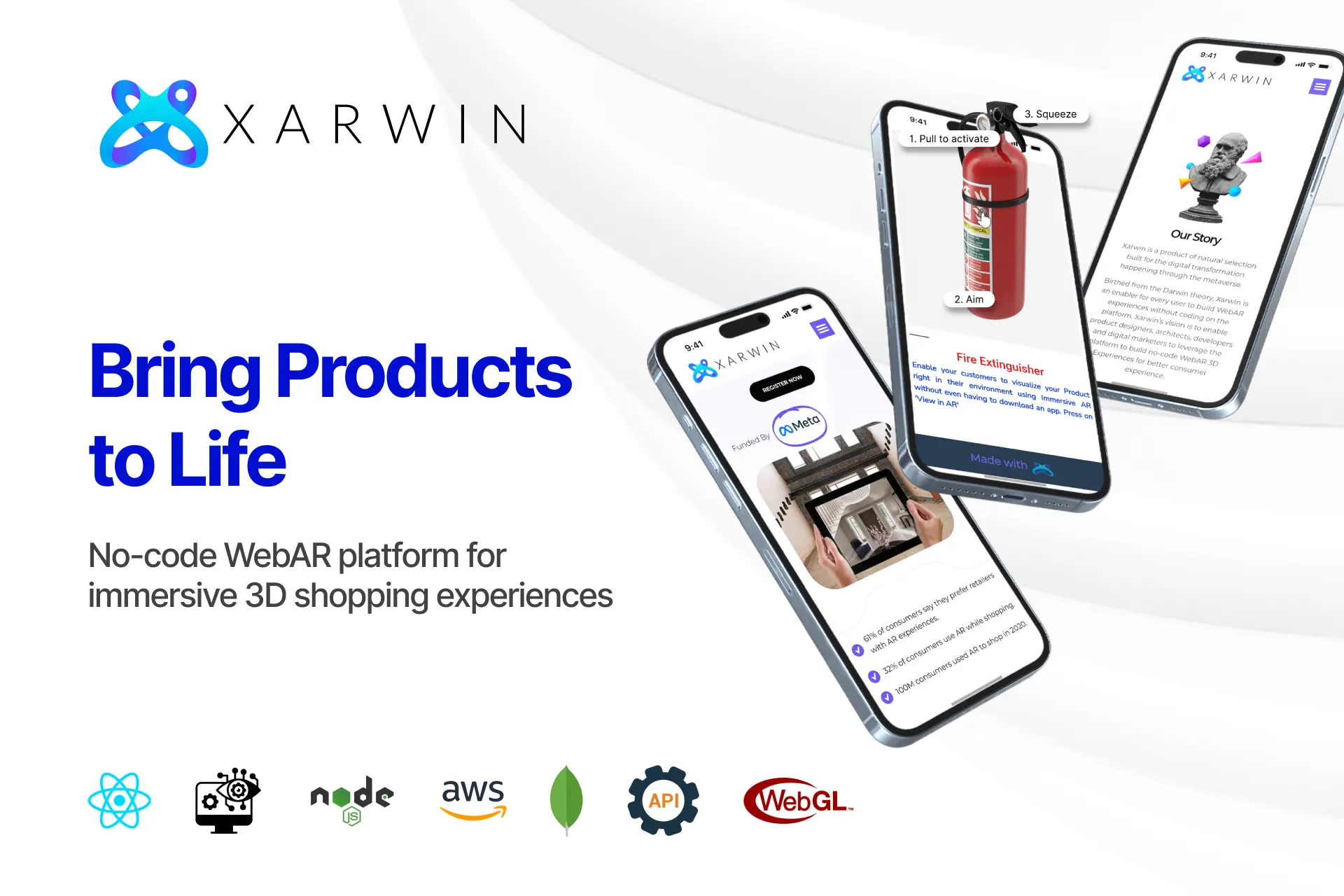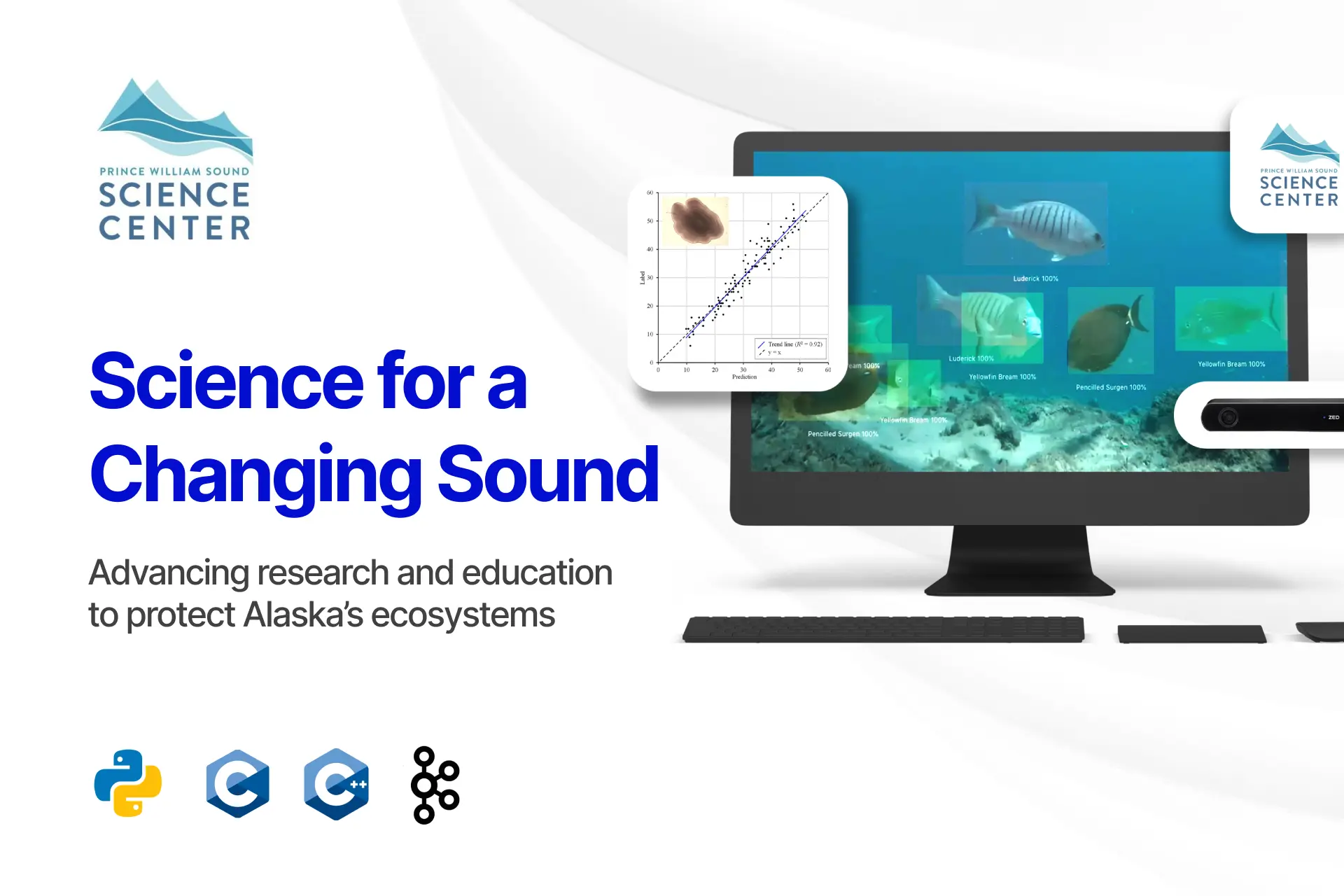Introduction to AI and Sustainability
Sustainability has become a top priority for businesses around the globe. As climate change concerns rise and regulatory pressures increase, companies are looking for innovative solutions to minimize their environmental impact. Artificial Intelligence (AI) has emerged as a powerful tool in driving sustainable initiatives by optimizing energy consumption, reducing waste, and enhancing resource efficiency.
Businesses across various industries are recognizing the potential of AI-driven strategies to achieve their sustainability goals. From smart grids that regulate power usage to AI-powered automation that minimizes waste, technology is enabling organizations to operate more efficiently while contributing to a greener future.
Understanding AI in Sustainability
The integration of AI into sustainability efforts involves leveraging advanced technologies to optimize processes and make data-driven decisions. Some of the key AI technologies making an impact include:
- Machine Learning (ML): Algorithms that analyze patterns and predict outcomes to enhance efficiency.
- Computer Vision: AI-driven image recognition for sorting waste and monitoring resources.
- Predictive Analytics: Using historical data to forecast energy needs and optimize operations.
- Natural Language Processing (NLP): Analyzing sustainability reports and compliance documents.
- By adopting these AI solutions, businesses can proactively address environmental challenges while maintaining operational efficiency.
Energy Optimization with AI
One of the most significant contributions of AI to sustainability is energy optimization. AI systems analyze consumption patterns, detect inefficiencies, and provide actionable insights to reduce energy use. Some ways AI is revolutionizing energy efficiency include:
- Smart Energy Grids: AI algorithms optimize power distribution, ensuring minimal energy wastage.
- Predictive Maintenance: Anticipating equipment failures to prevent energy inefficiencies.
- Automated HVAC Systems: Adjusting heating and cooling based on real-time occupancy and weather conditions.
- Companies adopting AI-driven energy solutions can significantly lower their carbon footprint while achieving substantial cost savings.
AI-Powered Waste Reduction
Waste management is another area where AI is proving to be a game-changer. AI-driven solutions are helping businesses cut down on waste through:
- Smart Sorting Systems: AI-powered computer vision enables efficient recycling by accurately identifying and categorizing materials.
- Production Optimization: Automation helps manufacturers minimize raw material waste and optimize production lines.
- Supply Chain Insights: AI analyzes inventory trends to prevent overproduction and reduce waste.
- By leveraging AI, businesses can promote a circular economy and contribute to a cleaner environment.
Improving Resource Efficiency with AI
Resource efficiency is essential for sustainable operations, and AI provides businesses with powerful tools to achieve this goal. Key areas where AI is enhancing resource efficiency include:
- Water Management: AI-powered sensors monitor usage and detect leaks to minimize water wastage.
- Fleet Optimization: AI helps logistics companies plan efficient routes, reducing fuel consumption and emissions.
- Precision Agriculture: Farmers use AI to apply water, fertilizers, and pesticides more efficiently, ensuring sustainable farming practices.
- With AI, businesses can achieve greater productivity with fewer resources, fostering long-term sustainability.
Real-World Applications of AI in Sustainability
Several industries have successfully adopted AI to drive sustainability. Some notable applications include:
- Manufacturing: AI-powered predictive maintenance and quality control reduce material waste and energy use.
- Retail: AI optimizes inventory management, reducing food and product waste.
- Transportation: AI enhances route planning and fuel efficiency, lowering greenhouse gas emissions.
- Companies like Nyx Wolves have been instrumental in implementing AI solutions that transform industries and pave the way for a greener future.
The Role of Nyx Wolves in Green Tech Innovation
Nyx Wolves has emerged as a leader in AI-driven sustainability solutions, offering businesses tailored approaches to reduce their environmental footprint. Some of their groundbreaking initiatives include:
- AI-Driven SCADA Systems: Monitoring energy use in large-scale infrastructure projects.
- IoT-Based Smart Home Solutions: Enhancing energy efficiency in residential and commercial spaces.
- Logistics Optimization Tools: Helping companies streamline operations and reduce fuel costs.
- With their expertise, Nyx Wolves is enabling businesses to adopt sustainable practices without compromising on productivity.
Conclusion: Embracing AI for a Greener Future
AI is proving to be a crucial ally in the journey toward a more sustainable future. By harnessing AI-driven solutions, businesses can optimize energy use, reduce waste, and enhance resource efficiency. As more organizations embrace AI for sustainability, the potential for positive environmental impact continues to grow.
Looking to integrate AI into your sustainability efforts? Nyx Wolves can help your business take meaningful steps towards a greener, more efficient future.
FAQs
AI helps businesses achieve sustainability goals by optimizing energy consumption, reducing waste, and improving resource efficiency. It enables data-driven decision-making, streamlines operations, and identifies inefficiencies that can be addressed to minimize environmental impact.
AI-driven waste reduction provides several benefits, including efficient sorting of recyclables, reduced raw material waste through optimized production processes, and better inventory management to prevent overproduction. These improvements support a circular economy and help businesses reduce costs.
AI contributes to energy efficiency by analyzing consumption patterns, detecting inefficiencies, and providing actionable insights. Smart energy grids, predictive maintenance for equipment, and automated HVAC systems are some examples of how AI optimizes energy use.
Industries such as manufacturing, retail, transportation, agriculture, and energy benefit significantly from AI-driven sustainability solutions. These technologies enhance operational efficiency, reduce waste, and minimize resource consumption across sectors.
Yes, AI for sustainability is cost-effective in the long run. While initial implementation may involve investment, the efficiency gains, cost savings, and reduced environmental impact lead to significant returns over time. Businesses can lower operational costs and enhance productivity by adopting AI solutions.
Businesses may face challenges such as high implementation costs, lack of expertise in AI technologies, data privacy concerns, and resistance to change. Addressing these issues requires strategic planning, skilled personnel, and a clear understanding of the benefits of AI for sustainability.








